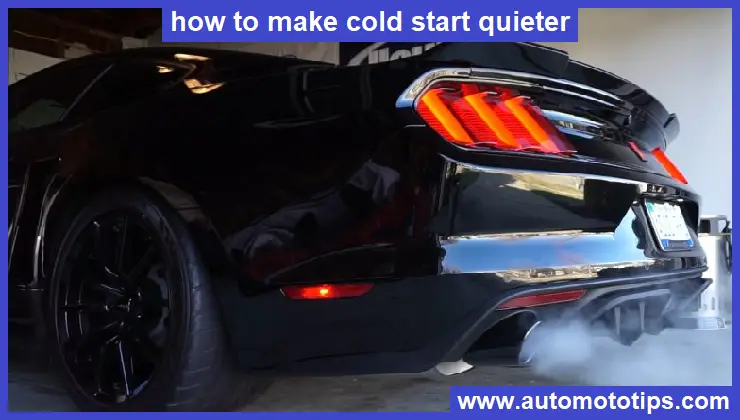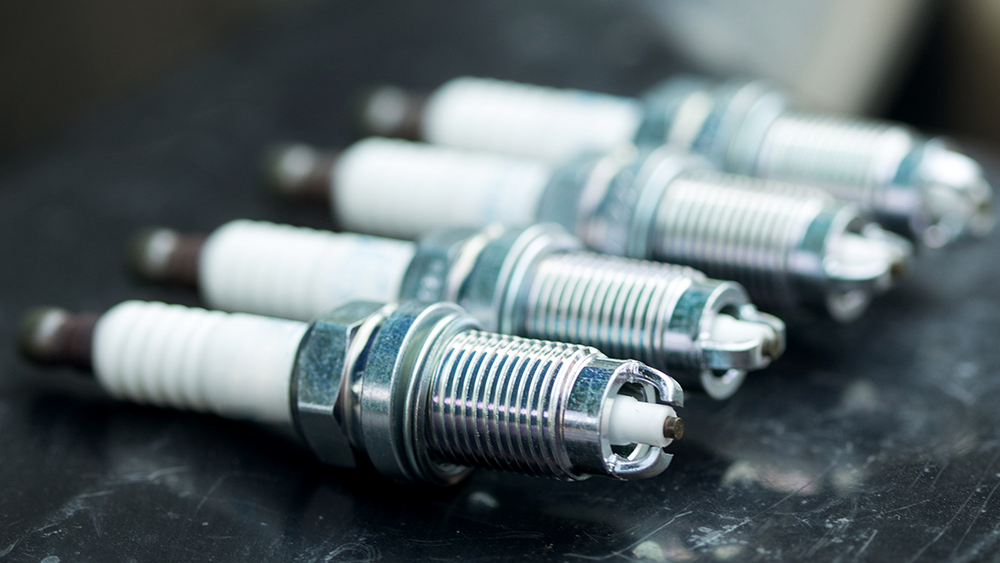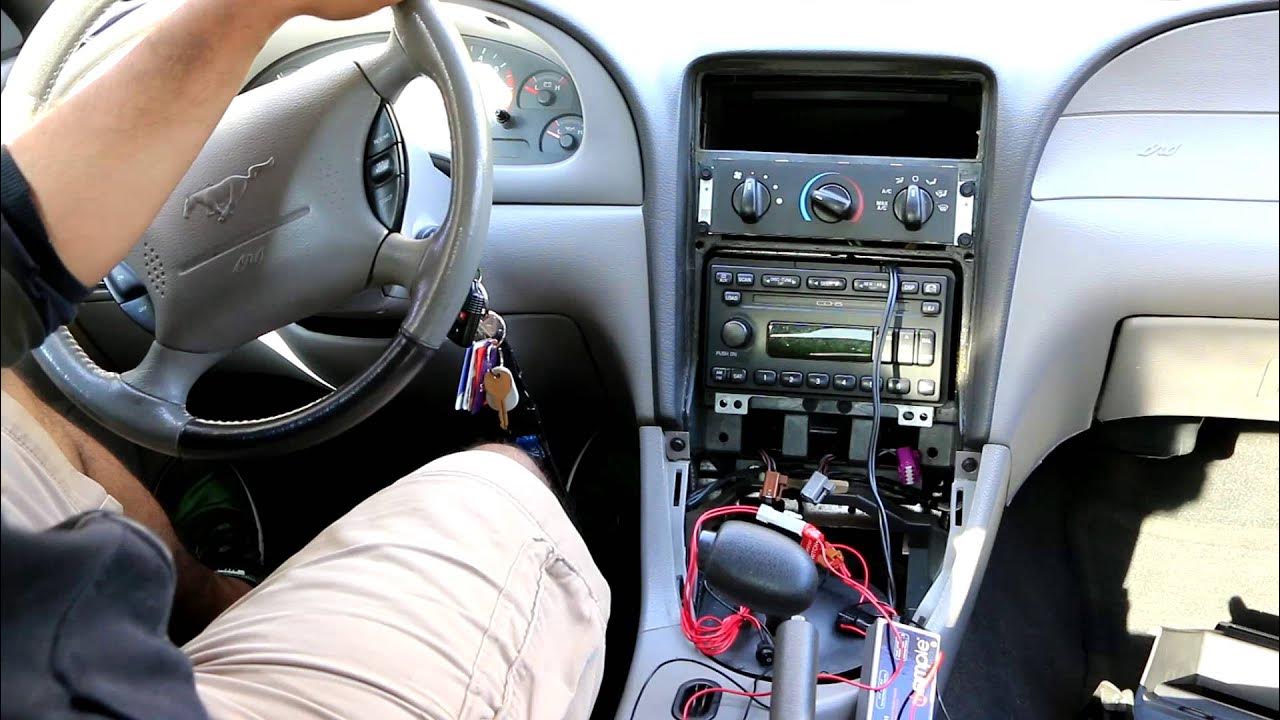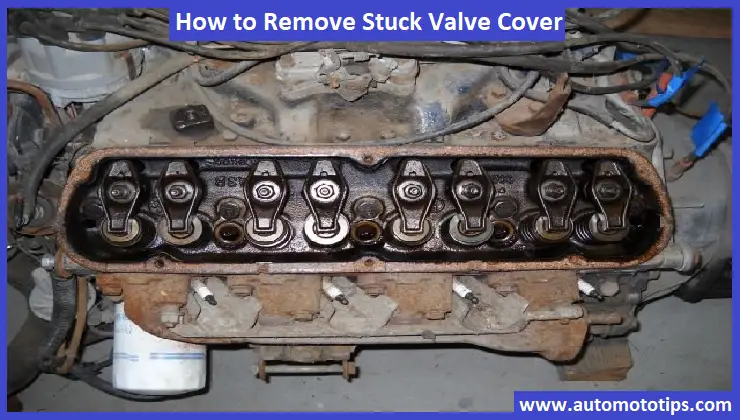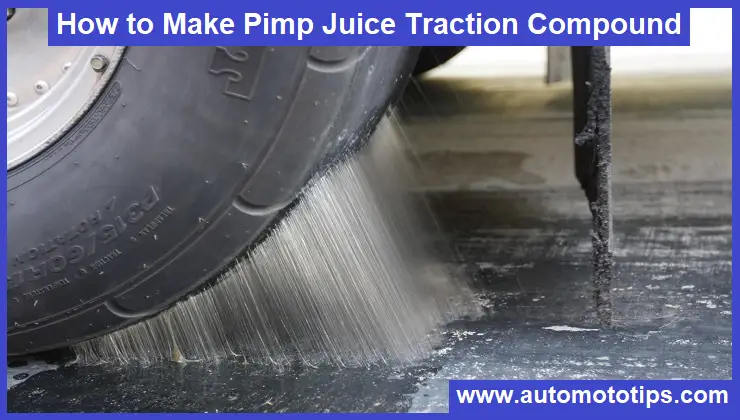When it comes to starting your car on a chilly morning, the loud noise of the cold start can be quite unpleasant, not to mention the disturbance it causes to those around you. Fortunately, there are several effective methods of how to make cold start quieter and minimize the disruptive noise.
In this article, we will explore expert tips and tricks to help you achieve a quieter cold start experience, ensuring a more peaceful morning for everyone. So let’s dive in!
Contents
What is a Cold Start?
A cold start refers to starting a vehicle’s engine after it has been sitting idle for a significant period, usually overnight or for a few hours. During this time, the engine’s temperature drops, causing the oil to thicken and the metal components to contract. As a result, starting the engine from a cold state requires additional effort and can generate more noise than a warm start.
Why is Cold Start Noisy?
The noise produced during a cold start can be attributed to several factors. Firstly, the engine’s initial ignition and combustion process can be louder due to a richer fuel mixture and less efficient combustion.
Additionally, the oil’s thick consistency in cold temperatures affects its ability to lubricate the moving parts adequately, resulting in increased friction and noise.
Furthermore, the metal components, such as pistons and valves, may make more noise when they are cold and haven’t expanded to their operating size.
Regular Maintenance and Servicing
To reduce cold start noise, it’s crucial to keep your vehicle properly maintained. Regular servicing and maintenance help ensure that all engine components are in optimal condition. Here are some maintenance tips that can help minimize cold start noise:
Regular Oil Changes: Changing the oil at recommended intervals helps maintain proper lubrication and reduces friction between engine parts.
Quality Engine Oil: Choose a high-quality synthetic or semi-synthetic engine oil that offers better cold-start protection and improved viscosity at lower temperatures.
Check and Replace Spark Plugs: Worn-out spark plugs can contribute to a rough cold start. Inspect and replace them as necessary.
Inspect Belts and Pulleys: Loose or worn-out belts and pulleys can create noise during cold starts. Regularly check and replace them if needed.
Keep Battery in Good Condition: Weak batteries may strain the starter motor, leading to prolonged cranking and increased noise. Test and replace batteries as required.
Upgrading Engine Components
In addition to regular maintenance, upgrading certain engine components can significantly reduce cold start noise. Here are some upgrades worth considering:
Soundproofing Engine Bay: Applying sound insulation materials to the engine bay can help dampen noise and vibrations. Use specialized automotive sound-deadening products for optimal results.
Install Engine Bay Blanket: An engine bay blanket can provide an additional layer of insulation, reducing noise transmission from the engine to the cabin.
Upgrade Exhaust System: A performance-oriented exhaust system with better mufflers and resonators can minimize engine noise during cold starts.
Consider Engine Modifications: Consult with a professional mechanic or engine tuner to explore modifications like a quieter camshaft or better intake system, tailored to your specific vehicle and requirements.
Fuel and Additive Considerations
The choice of fuel and additives can also influence cold start noise levels. Consider the following options:
Premium Fuel: Higher-octane fuel can improve combustion efficiency, resulting in smoother and quieter cold starts. Check your vehicle’s manual for recommended octane ratings.
Fuel Additives: Certain fuel additives, such as fuel system cleaners and lubricants, can reduce engine noise and help maintain optimal performance. Choose additives designed for noise reduction.
Ethanol-Free Fuel: If your vehicle is compatible, using ethanol-free gasoline can lead to quieter cold starts, as ethanol can contribute to increased engine noise.
Other Noise Reduction Techniques
Apart from the engine-related factors, there are additional measures you can take to make your cold start quieter. Consider the following:
Parking Location: If possible, park your vehicle in a garage or sheltered area. This can help reduce external noise and muffle the sound during cold starts.
Invest in a Block Heater: A block heater warms the engine coolant, reducing cold start friction and facilitating smoother operation. This can significantly reduce noise during cold starts, especially in extremely cold climates.
Modify Exhaust System: Upgrading your vehicle’s exhaust system with a resonator or a muffler specifically designed for noise reduction can help in making cold starts quieter.
Frequently Asked Questions (FAQs)
Q: Can a cold start damage my engine?
A: While a cold start can be harsh on the engine, modern engines are designed to withstand it. However, excessive strain and wear during cold starts can gradually reduce engine life.
Q: How long does a cold start typically last?
A: A cold start usually lasts for a few seconds to a minute, depending on the engine and environmental conditions.
Q: Is it necessary to warm up the engine before driving in cold weather?
A: Modern engines don’t require extended warm-up periods. However, it’s beneficial to let the engine idle for a short time to allow the oil to circulate before driving.
Q: Can a cold start noise indicate a serious engine problem?
A: In some cases, unusually loud or prolonged cold start noise can be a sign of underlying issues. It’s best to have your vehicle inspected by a qualified mechanic if you notice any significant changes in noise.
Q: How often should I replace the serpentine belt?
A: The serpentine belt should be inspected regularly and replaced according to the manufacturer’s guidelines, typically around 60,000 to 100,000 miles.
Q: Can a cold start noise be eliminated completely?
A: While it may not be possible to eliminate cold start noise entirely, following the tips mentioned in this article can significantly reduce the noise and create a quieter startup experience.
Conclusion
Making your cold start quieter involves a combination of regular maintenance, upgrading engine components, considering fuel options, and implementing additional noise reduction techniques. By following the tips outlined in this article, you can achieve a quieter and more pleasant cold start experience. Remember, consulting with a professional mechanic can provide personalized recommendations based on your vehicle’s make, model, and specific requirements.

